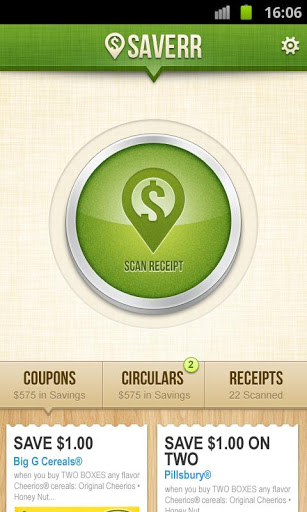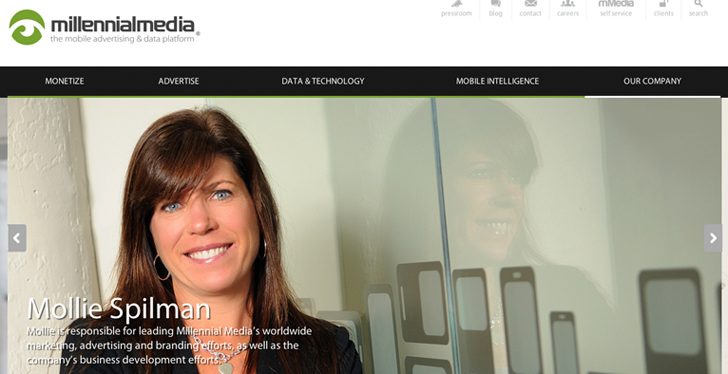 How to Use a Dynamic Equity Split Program in Your Start-up
How to Use a Dynamic Equity Split Program in Your Start-up
You and a partner start a company and split the equity 50/50. You do all the work and your partner flakes out. He owns half your company and wants to keep it. Now what?
This is called a fixed equity split program and it is the most common method of splitting up equity among founders. However this painful situation is very common. It is virtually impossible to design a fixed split equity program that doesn’t cause problems. A dynamic equity split program, on the other hand, provides most fair way to divide up shares in a start-up company among founders, early employees, partners and anyone else that deserves a slice of the pie. It will allow you to determine exactly the right number of shares each person deserves based on (and here is the key) the relative value of their individual inputs.
In a dynamic equity model the founder or founders who provide 90% of the great ideas, early seed money, sweat equity and other resources will wind up with 90% of the reward and the junior developer who provides only 2% of the great ideas, early seed money, sweat equity and other resources relative to the founders will receive 2% of the reward. This is how it should be; anyone who thinks differently is probably someone who wants more than their fair share.
The book, Slicing Pie: Funding Your Company Without Funds, is essentially a user guide to dynamic equity splits for entrepreneurs. It provides detailed instructions on making one work. However, here is the nutshell version of how a dynamic equity spilt model works:
Step One: Have (or be) a trustworthy leader
Only join a start-up company where you can trust the other people, especially the leader. The leader will control 100% of the equity while a dynamic model is being used. This means that an unscrupulous leader can take advantage of everyone. The leader is responsible for tracking the shares and keeping things fair. He or she will provide the appropriate cap table to the lawyers who create the formal equity agreement when the time is right. The right time to issue the equity is when the company shows real, actual, concrete evidence of value.
The leader will also make sure that when a person leaves they are treated fairly. I’ve posted a summary of how to treat people fairly when they leave a company on my blog at SlicingPie.com.
Step Two: Assign values to the various inputs provided by each participant relative to other inputs
A relative value is not the same thing as an actual value. Actual values in a pre-money start-up company are pretty much impossible to determine. Relative values are much easier to calculate and much more meaningful. The key is to set a relative value that is fair given someone’s background, experience and job responsibilities. For instance, the sweat of an experienced CEO with a couple of homeruns under her belt is relatively more valuable than that of an entry-level graphic designer. However, two founders with similar skill-levels may have a similar value to the firm.
When it comes to the value of someone’s time the relative value should not only take into account their skills and experience, but also the requirements of the job. You should be sure to subtract any current compensation the person receives in cash. Equity compensation is provided in exchange for what people put at risk in a new company. If you pay them a fair salary you shouldn’t have to give them any equity because they aren’t risking anything.
Time isn’t the only input an individual can provide. Other inputs include cash, loans, ideas, intellectual property, important resources (like equipment and supplies), strategic relationships and even things like office space. Nearly everything in a start-up company that can’t be bought with cash (if you don’t have it) can be acquired with equity. A dynamic model will tell you exactly how much each is worth relative to other inputs. Everything has a relative value that is fair to the provider and the other participants. Over time these relative values really add up. I’ve posted a summary of how to calculate relative values on my blog at SlicingPie.com.
Step Three: Calculate shares by dividing an individual’s contribution to the company by the total contribution (individual value ÷ total = shares %)
This will give you exactly the percentage of equity a person deserves. No more and no less. I call the total contributions to the firm a “Theoretical Base Value” or TBV. It’s theoretical because it’s not real. It simply adds up the values of the inputs based on the value you assigned in step two. So, you may determine that a founder is “worth” $200 per hour. But, if he works 1,000 hours the company may not actually be worth $200,000 more. I hope it’s worth a lot more than that, but the point is that the value of inputs are only important as a relative measure. I’ve posted a calculator spreadsheet on my blog at SlicingPie.com to help keep track.
This means that over time the potential equity split will change depending on what someone contributes. This is why it’s called a dynamic split. When you get a major investor or start generating enough cash flow to pay people you can calculate the equity, issue official shares, sign a shareholders agreement and be on your way. So, the sooner you raise money or the sooner you make money the sooner you can “lock in” the equity.
Dynamic equity splits make no assumptions about the future value of a company. It doesn’t matter what the future value will be. All that matters is that when you actually create future value everyone who risked something to help you get there should get their fair share of what’s created. Only a dynamic equity split can achieve this. Only a dynamic equity split provides a framework of fairness and respect for all participants. All other methods are prone to failure in their ability to treat people fairly. When I say “all others” I mean all others and “others” is what is commonly used today. That means the model you used or are planning to use in your start up is putting you and your team at risk of unfair equity allocation.
Sorry!
Dynamic equity splits are very uncommon, however, because the process isn’t well understood. Additionally, the dynamic nature of the split scares people who want to grab the biggest possible piece for themselves. Even the founder who errs on the side of generosity will ultimately fail because they, themselves, will be treated unfairly.
I’m on a personal mission to make sure that every entrepreneur on the planet understands dynamic equity models before they make the horrible mistake of using a traditional fixed model. Too many start- up companies are destroyed due to conflicts that arise when people on the team are treated unfairly. The dynamic model can accommodate all possible outcomes in a way that motivates and inspires a person who is treated with fairness.
To learn more about dynamic equity models visit my blog at SlicingPie.com and buy my book, Slicing Pie. If you can’t afford it let me know and I’ll give you a copy!
Mike Moyer is the author of “Slicing Pie: Funding Your Company Without Funds”
Linkage:
Moyer’s Blog
Get the Book “Slicing Pie: Funding Your Company Without Funds” here at Amazon
Everywhereelse.co Be here!
 Back in July during one of Tech Cocktail’s legendary mixers in Washington DC, my good friend Scott Case, the founding CTO at Priceline.com and the current CEO of Startup America was speaking. As normal, at the end of his great speech which I remember involved gambling, women and priceline.com, he had a little Q&A.
Back in July during one of Tech Cocktail’s legendary mixers in Washington DC, my good friend Scott Case, the founding CTO at Priceline.com and the current CEO of Startup America was speaking. As normal, at the end of his great speech which I remember involved gambling, women and priceline.com, he had a little Q&A.















